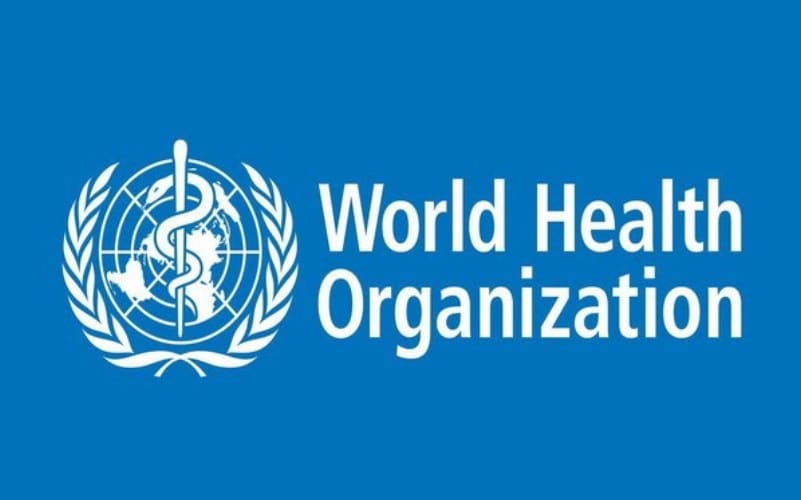New Delhi: The World Health Organization (WHO) on Friday expressed concern over the health condition of Rohingya refugees living in Cox’s Bazar in Bangladesh and said a severe fund crunch has threatened continuation of health services in the refugee camps.
The Bangladesh government, WHO and other health agencies have worked to save thousands of Rohingya lives and prevented the spread of deadly diseases among nearly one million refugees, said WHO in a statement.
“Despite these efforts, Rohingyas remain vulnerable with their evolving health needs, and a severe funding crunch is threatening continuity of life saving health services in their camps” said the organisation.
The persecution by Myanmar’s security forces triggered the arrival of nearly 700,000 Rohingyas into Bangladesh beginning August 25, 2017.
WHO termed this arrival was one of the largest ever population influxes over a short span of time.
“Women, children and the elderly arrived with injuries, low immunization coverage, high rates of malnutrition, in need of reproductive health care and psycho-social support, and at risk of deadly disease outbreaks” said WHO.
Explaining the challenges, WHO, said 70 per cent of births still takes place outside health facilities as Rohingya population was reluctant to access sexual and reproductive health services.
WHO’s Deputy Director- General for Emergency Preparedness, Peter Salama said “we have done things that collectively we can be proud of. However, we need to continue to support the health needs of this vulnerable population and remain vigilant against the spread of diseases.”
“This is still a very fragile situation,” said Dr Peter, who visited the Rohingya camps in Bangladesh.
[source_without_link]IANS[/source_without_link]

